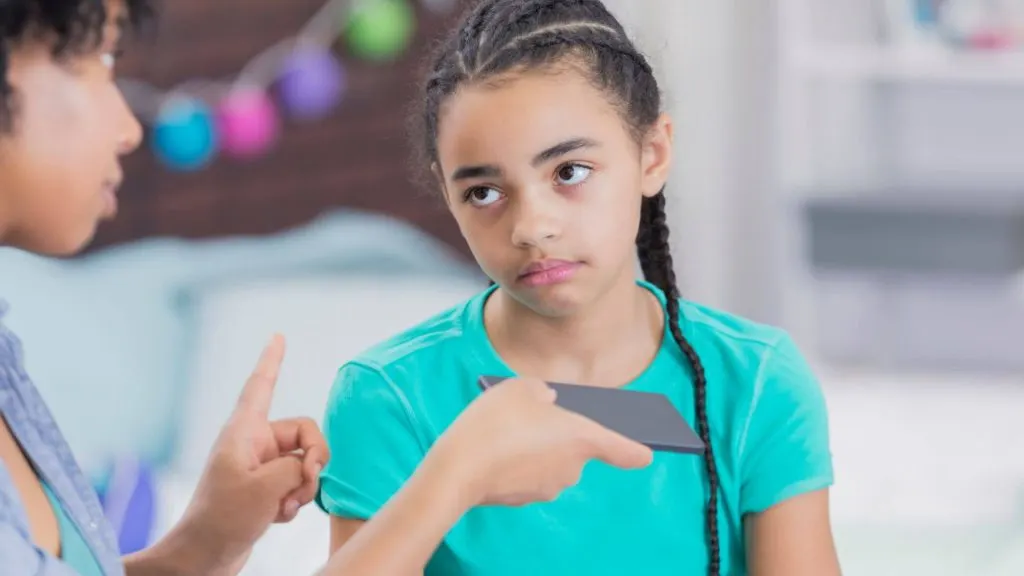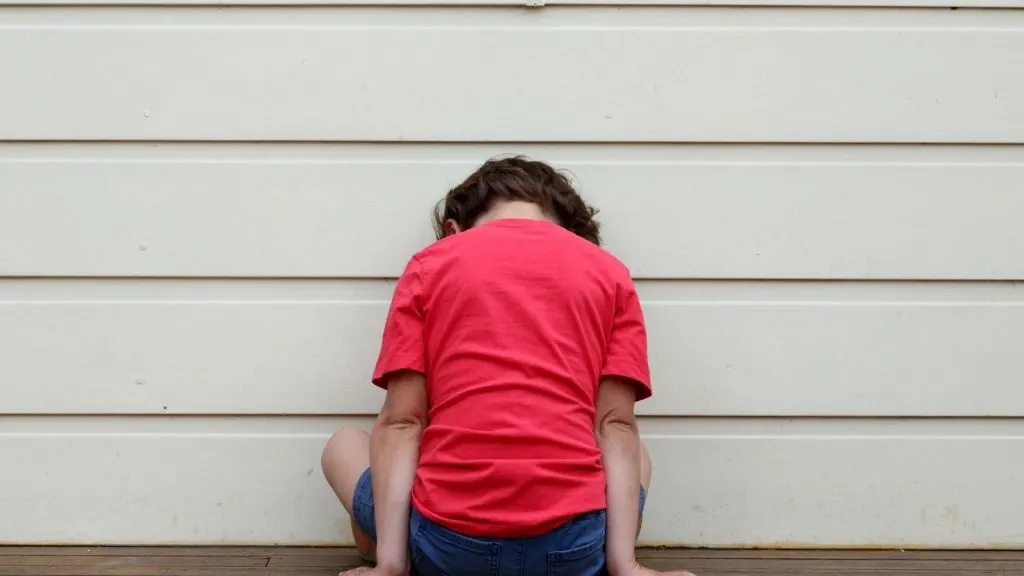As a parent, it is important for you to have your kids listen to you. However, sometimes you can have kids who can challenge and test your limits. There can be kids who will not listen to you and ignore all of your disciplinary measures.
It is the job of the parents to teach their children how to behave. This job can get quite frustrating, especially if you realize that no matter what you say or do, it is not effective. To counteract such challenging behavior, you need to work on discipline strategies that are effective.
You can find an example of positive punishments that are more effective as well.
Although this may take a lot of your time and patience, you will have your kids behaving well in the end. We have compiled a few tips and techniques on how you can make discipline more effective!

Define Consequences
When punishing your child, you need to define the consequences clearly. These consequences should also be sensitive to time. For example, you can’t just tell your kid that they are grounded. You have to clearly define the time till they are grounded.
Giving vague consequences can result in your child thinking that this is an empty threat. They will not end up taking you seriously. Your child will think that this was something that was merely said in the heat of the moment, and soon everything will be fine.
There is also a possibility that your child may think that you are being overly strict, and there is no way they will get out of this discipline. This is why defining the consequences is important.
Not only should the consequences be time-sensitive, but they should also have an incentive. For example, if your child is not performing well at school, you can take away some of their gadgets and tell them that they will only get them back when you earn them. This helps reinforce positive behavior as your child will work towards getting their gadgets back.
During this time, it is also important for you to ensure your child that this discipline is only being enforced for the time being and that there is a possibility for them to work towards reversing it. Always remain neutral while punishing so that your child does not think of you as being a pushover or overly strict.

Age Appropriate Discipline
Punishments can only be effective if they are appropriate for your child. You have to deal with different ages differently. For example, if your teenage child does something wrong, you can remind them with a warning or even a punishment. But if your toddler does something wrong, you can take this opportunity to teach them.
Ideally, for kids who are aged three and above, you can let them decide the time for the punishment as well. For example, you can tell your kid that they can come out of the time-out if they are ready to behave. This also helps in developing self-disciplining skills among children. This technique works quite well with older kids.
Don’t Beat your Child
Physical punishments have often been a controversy among parents and experts. However, many studies have shown that physically beating your child often ends up having more negative consequences than any positive ones. Therefore, it is strictly discouraged to beat your child up.
When you spank your child, you are transferring abusive behavior onto them as well. This ends up teaching them that it is ok to beat someone when they are angry. This also puts your child at risk of not only physical harm but also mental harm.
Kids can end up with trauma for life. This also ends up building a barrier to effective communication between the child and the parents. Due to fearfulness, many kids will end up concealing huge parts of their lives from you.
You will also have to prepare yourself for a situation if your child does not comply with the punishment. If your child does not listen, try engaging in a conversation with them.

Positive Discipline
Here are some examples of positive punishments that you can follow:
- Grounding: You can prevent your child from going out or doing a certain activity. This can help teach them how there can be consequences to certain behaviors.
- Early Bedtime: This is for younger children who would want to stay up late to play. Sending them off to bed early can counter the challenging behavior and help them get more sleep.
- Extra Study Hours: If your child has not been performing well in school, you can punish them with extra study time. Instead of playing, your child can study as a punishment.
To make your punishments more effective, you have to keep experimenting and see what is working for your child. There may be times when you would need to change your approach, which is why you need to be flexible as well.

Jessi is the creative mind behind The Coffee Mom, a popular blog that combines parenting advice, travel tips, and a love for all things Disney. As a trusted Disney influencer and passionate storyteller, Jessi’s authentic insights and relatable content resonate with readers worldwide.
